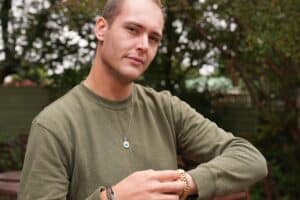Parents of five-year-old Zachary de Wet fight a medical aid's refusal to cover Elaprase for his rare condition.

It must be heartbreaking for the parents of five-year-old Zachary de Wet to watch their son’s health deteriorating because their medical aid company will not pay for the only drug available that can treat his rare condition.
Zach has Hunter syndrome, a progressive degenerative disease which could shorten his life dramatically – but the drug, which is his only hope, is Elaprase, one of the most expensive medicines in the world, with estimates that it would cost millions for one year’s treatment for a 35kg child.
ALSO READ: World Hypertension Day: South Africans urged to get screened
The De Wet family is fighting before the Council for Medical Schemes against their medical aid, which is refusing to pay, even though Hunter syndrome is a condition under the legislated prescribed minimum benefits (PMBs) it is obliged to cover.
The dilemma for the medical aid is: do you fund one patient, knowing that the millions which would have to be allocated for that treatment could help many others and maybe even save lives?
Can you put a price on the life of a human being and, if you do, how do you evaluate which life is the more deserving?
This ethical conundrum would arise even if the ANC gets its way and introduces the National Health Insurance scheme.
ALSO READ: Uncertainty looms over NHI’s coverage of essential services
Support Local Journalism
Add The Citizen as a Preferred Source on Google and follow us on Google News to see more of our trusted reporting in Google News and Top Stories.






